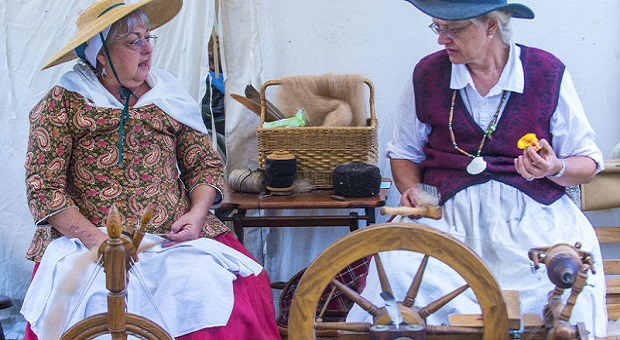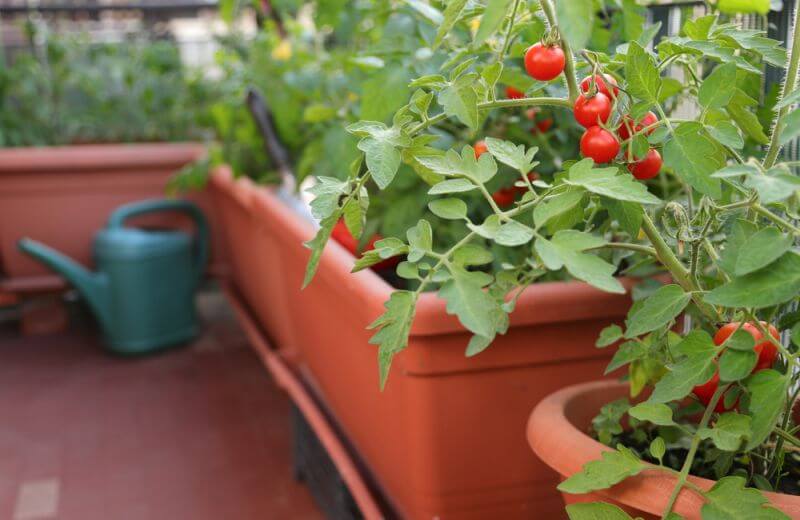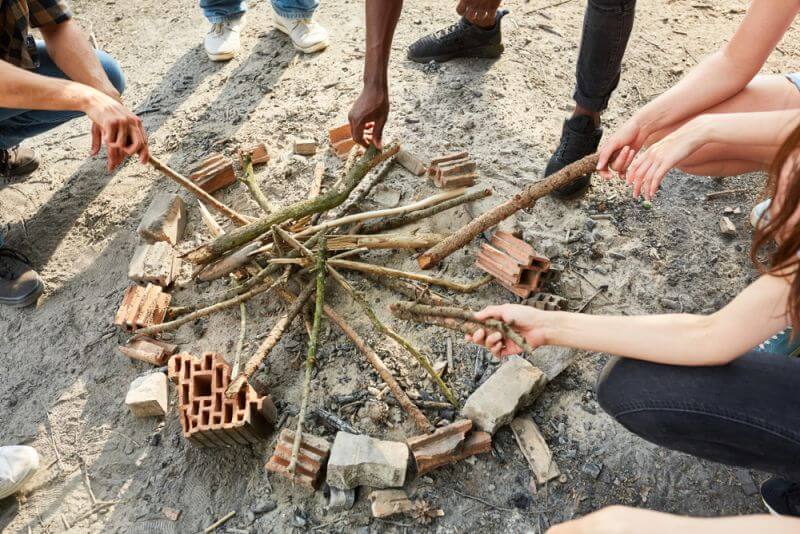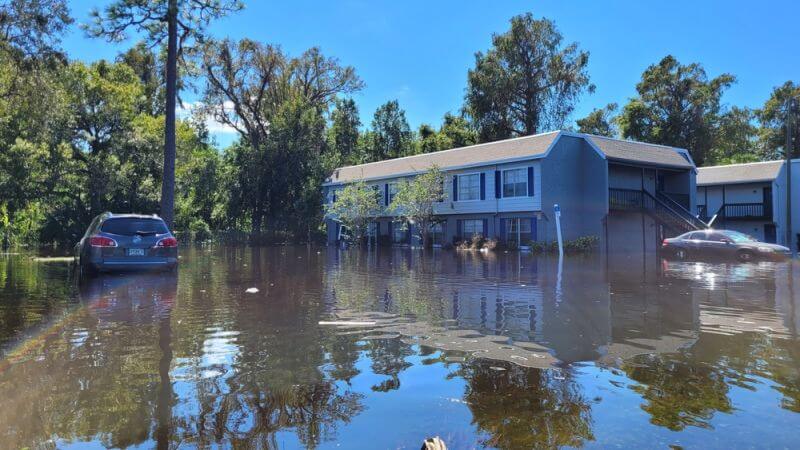Living without power, mini-marts, cars, electronics or running water may seem like a nightmare scenario but to pioneers it was just the way life was. Having the skills to survive without modern conveniences is not only smart in case SHTF, it’s also great for the environment.
We’ve compiled a list of homesteading skills to learn from pioneers to help you along your way.
Mindset
This is the first skill that you’re going to need. You need to stop thinking about running to the store to buy exactly what you need. Think instead about how you can make what you need from what you have, or how you can find a way to simplify the process so that you don’t need anything that you can’t make or trade for. Think self-sufficient and basic – it doesn’t have to be fancy; it just has to work!
Consider the Structure of Your Land before Building
Carefully consider where your water sources are. You don’t want to build your house too far away from water and you’re not going to want to build your chicken house, barn or outhouse too close to it. Also, build close to running water. It’s less likely to house disease, it’s the last water source to freeze and the easiest to knock a hole in when you need water.
Also, consider trees and terrain. Is that huge old oak going to fall on your house in a storm? Is there a particular area so rocky that you’re going to have a hard time planting a garden or digging footers in it? Is everything easily accessible from the house in the winter? Is it going to catch the morning sun or be protected from strong wind somehow? Follow the “measure twice, cut once” principle when planning your homestead.
Think Ahead and Be Prepared
You may have enough fire wood to get you through the winter, but what if spring is late coming? What if you break your leg next spring and can’t get enough wood in for next winter? The same thing goes for food. There is no grocery store to run to if you have a rainy year and can’t get your garden to produce next year. Always consider the “what-ifs” and be ready for them.
Build a Root Cellar
Just about any old homestead that you come upon is going to have a root cellar, and there’s a good reason for that – you need one! Canned goods and root vegetables (thus the name) keep much better at the cool (but not cold) temperatures that a root cellar maintains. Also, you don’t have to worry about vermin such as mice coming into the house in search of those potatoes if they’re stored in the root cellar.
You save a ton of space in the house or basement that would otherwise be taken up with food storage. Finally, and probably most importantly, if the house burns down or is destroyed by an act of nature, you still have food to eat. You can start over because all is not lost.
Have Backup Heating and Cooking Sources
If you’re still depending on electric, even if it’s of your own making, there’s still a chance that something will break or go wrong. Have a backup source of cooking and heating. You’ll notice in most old (preserved) homesteads, there a cooking stove and a heating stove. If one breaks, the other will serve the purpose of both.
Plant Perennial Edibles
Berries, including strawberries, blackberries, raspberries and blueberries, are packed with nutrient, dry well, freeze well and make delicious, nutritious jams, jellies, pie fillings and syrups. Rhubarb has laxative effects in addition to being delicious and will come back every year long after you stop coming back! Fruit trees are definite additions too, for obvious reasons.
Perhaps the best part about perennials is that you don’t have to do much to them in order to gain the fruit. A little trimming and pruning a couple of times a year and you’re golden.
Learn about Herbs and Doctoring
The knowledge of how the human body works is perhaps the greatest advantage that we have over our early brothers and sisters. We know about germs and we know what causes many illnesses and diseases. We also know what herbs work to treat those conditions, so gain knowledge that will keep you and your family healthy, then grow as much of what you need as you can so that you don’t have to depend upon external sources.
Become a Jack of Most Trades and Learn to Barter
Competence will serve you well. You don’t necessarily have to be a master at everything but having enough knowledge to get by with as little help as possible will give you a tremendous advantage.
For instance, know what types of soil your garden will grow best in and then learn how to tell what kind of soil you have so that you can correct it if necessary. Know how to build a fence, work on your equipment, set a broken bone, shoot a gun and milk a cow. You don’t have to be a pro, but it will pay to be proficient in as many areas as possible!
For those skills that you just don’t have, learn how to trade for that good or service. Know the value of your skill or your product and know how to barter with them in a manner that’s fair for everybody.
Live a Life of Gratitude
The life of a pioneer wasn’t easy by any stretch of the imagination. They buried children and went cold and hungry. They dealt with bad weather, failed crops and hostile travelers. They didn’t leave behind everything to live sustainably or to go “off the grid”. They took a huge gamble that they would be able to build a better life for themselves than the one that they were leaving behind.
Because of where they came from, every win mattered. A finished fence, a functional barn, blooming plants – all were reasons to be grateful, because they were one step better than they were the day before.
When you learn to think like that, to focus on the positives, the negatives don’t seem so huge and life is beautiful. That may be the best homesteading skill to learn from pioneers of all!
This article has been written by Theresa Crouse for Survivopedia.









Pingback:Homesteading Skills To Learn From Pioneers | Survivalist Basics | Be Prepared For Anything! | December 1, 2014
|
Pingback:Top 7 Tips For Buying A Manual Water Pump | Survival skills, survival guns, survival guide | January 29, 2015
|
Pingback:Top 7 Tips For Buying A Manual Water Pump | The Prepper Dome | January 29, 2015
|
Pingback:This Is How To Use Aluminum Cans For Survival | Prepper's Survival Homestead | July 13, 2016
|
Pingback:This Is How To Use Aluminum Cans For Survival | Survivopedia | September 18, 2017
|
Pingback:How To Disappear Online And Fly Under The Radar | Survivopedia | November 13, 2017
|
Maria | June 13, 2018
|
Thanks for sharing your precious information. The set of skills that you define in your post is very important to survive. These skills are very helpful for beginners, who’s start homesteading.